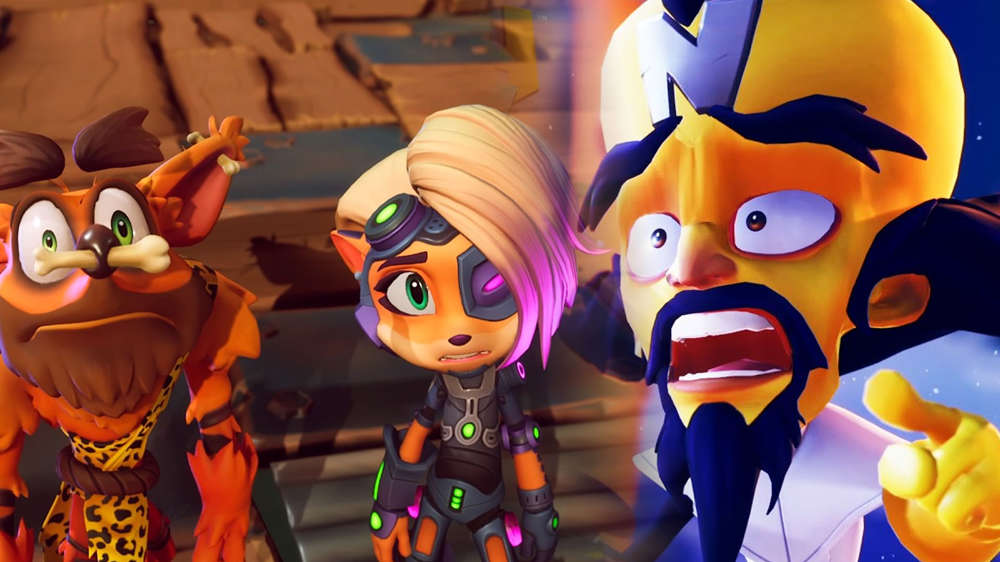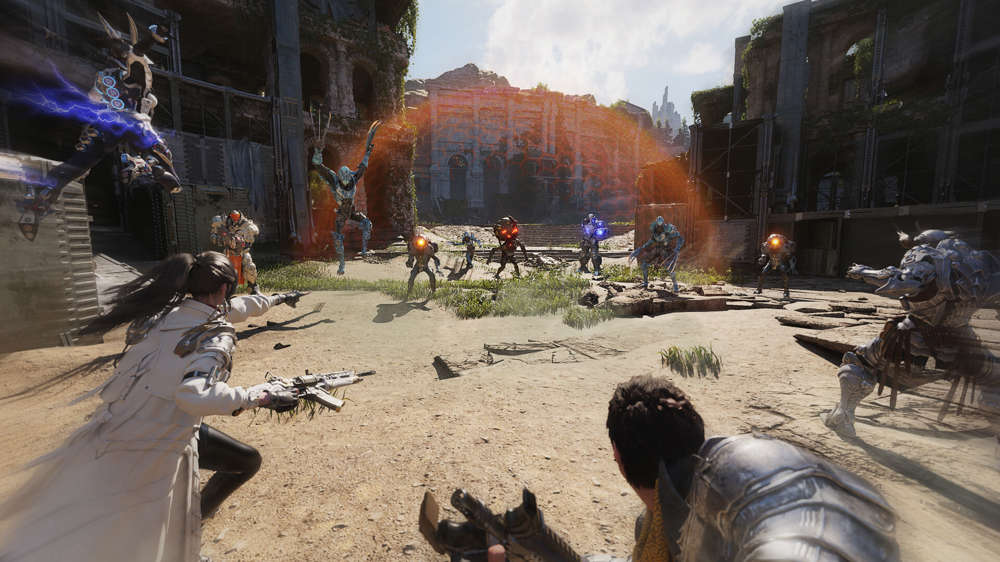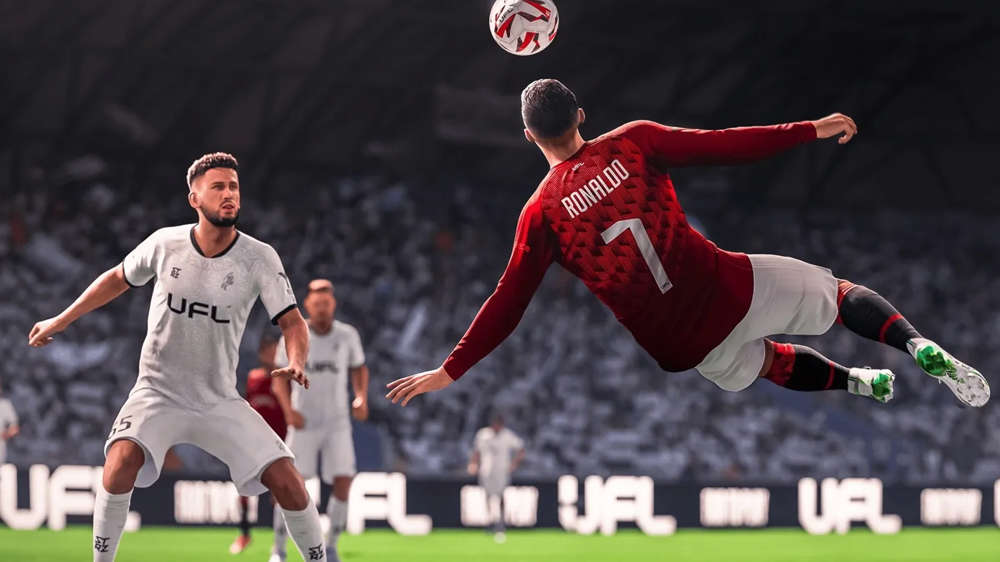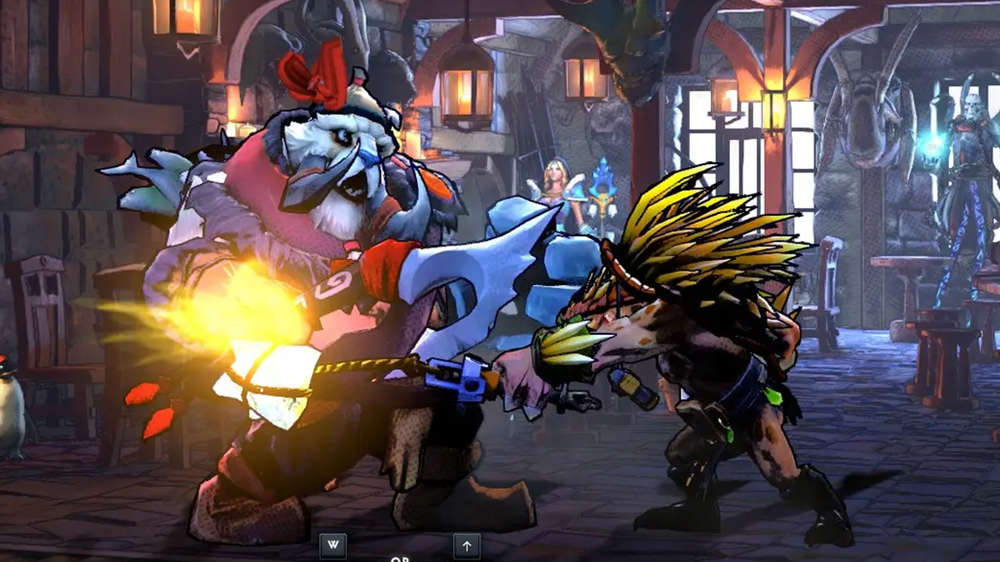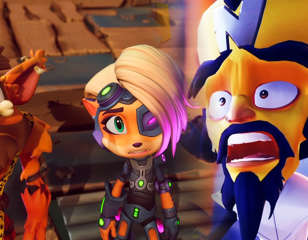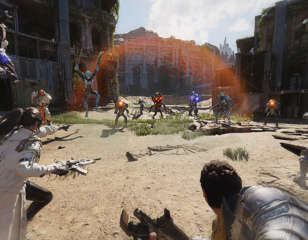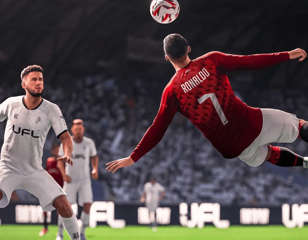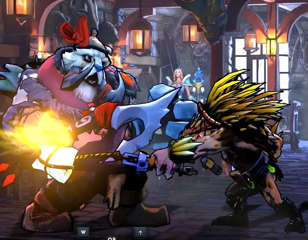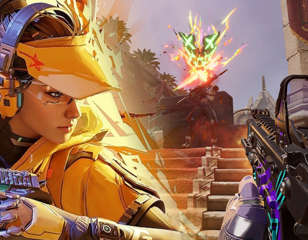Can Esports Be A Legitimate Career?
Five ways professional gamers can excel AFTER their playing careers.

Coleman Hamstead
14th Jan 2021 19:30
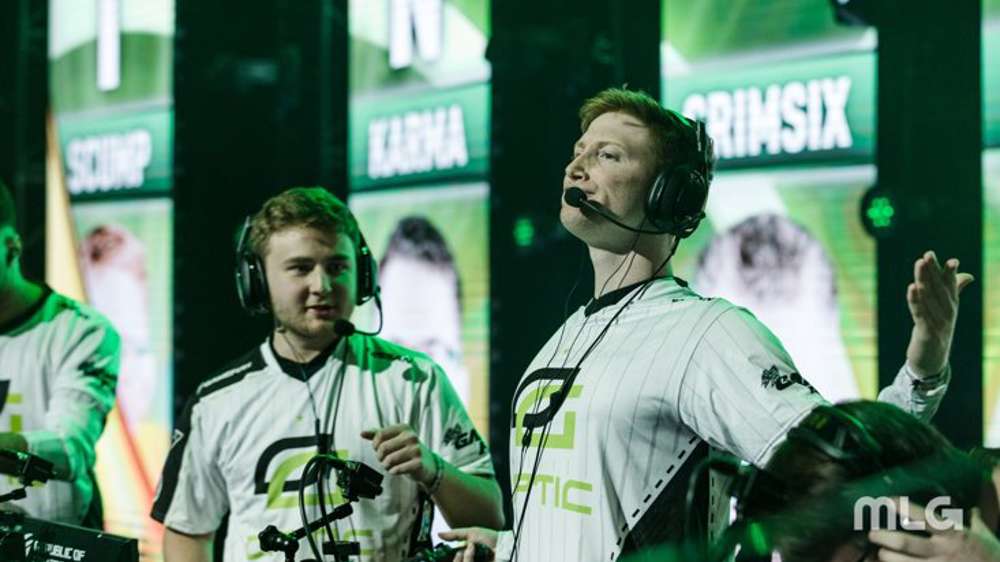
A lot of professional esports organisations follow the mantra “out with the old, in with the new”. Many teams are opting for younger players based on potential rather than stick with established veterans. The vet may win them more games in the short term, but these teams are looking toward the future. Starting at the age of 25, the prospects for pro esports players begin to look grim.
For many players, this is the end of the line. BUT, there are a few things esports players can do to expand and create a lasting career for themselves.
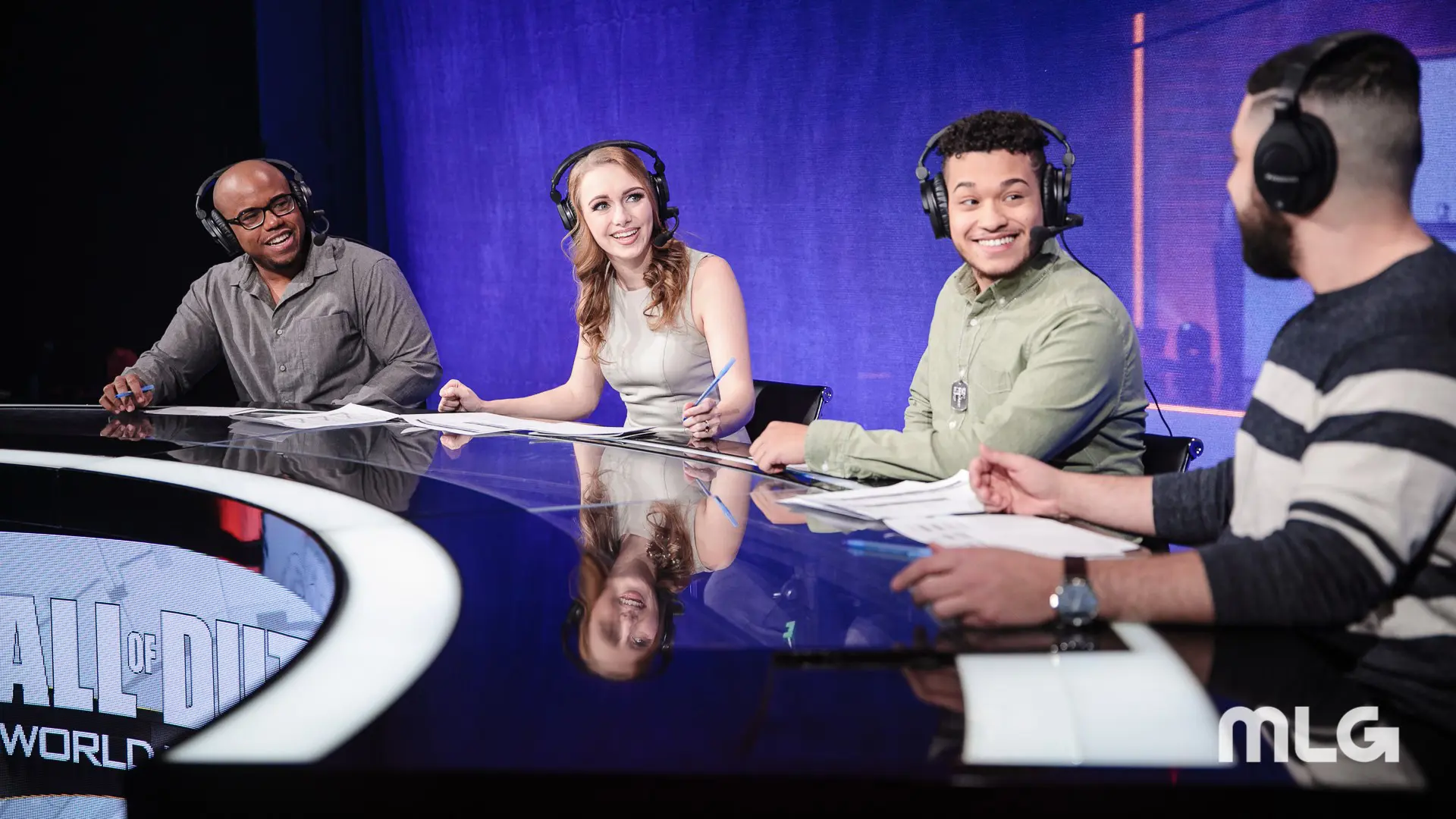
Ways To Extend An Esports Career
Casting
One of the most obvious ways esports players can extend their career is by getting into casting. Casters are the individuals that commentate over live gameplay. There are two types of casting — play-by-play and colour casting. Both require extensive knowledge of the game to excel at.
Extending one’s career through casting is not unique to esports. The path from pro player to caster is replicated in pretty much every major sports league. Many of the top casters in major sports leagues like the National Basketball League and the National Football League started their careers as players and/or coaches. Players retire from their respective sport and go on to cast. In a job so heavily reliant on game knowledge, there is no one better for the job than a former pro. It's a perfect match.
The list of esports pros that eventually ventured into casting is extensive. Tom “Tsquared” Taylor is one of the most decorated Halo 2/3 pros of all-time. Unfortunately, Tsquared got older, and his talents did not transfer well to the newer generation of Halo. However, instead of fizzling out like many of his peers, Tsquared took his talents to casting. Tsquared became a full-time caster for the Halo Championship Series. He was so good at it that Tsquared moved on to Apex Legends and now casts the Apex Legends Global Series events.
TSquared’s story is not unique. Anthony "NAMELESS" Wheeler, Jeremy "StuDyy" Astacio, and Joe "MerK" Deluca are all former Call of Duty pros. Unlike Tsquared, these three weren't some massive names during their playing days. Most pros of NAMELESS, StuDyy, and MerK’s calibre come and go. These types of esports pros experience mild success until they are forced into retirement. For the average pro, esports is NOT a career. But, NAMELESS, StuDyy, and MerK decided that they would not suffer the same fate.
NAMELESS, StuDyy, and MerK are now three of the main casters of the Call of Duty League. These three have found success casting where they did not as pro players. Thanks to their intricate knowledge of the game, NAMELESS, StuDyy, and MerK are three of the most popular casters on the Call of Duty League desk.
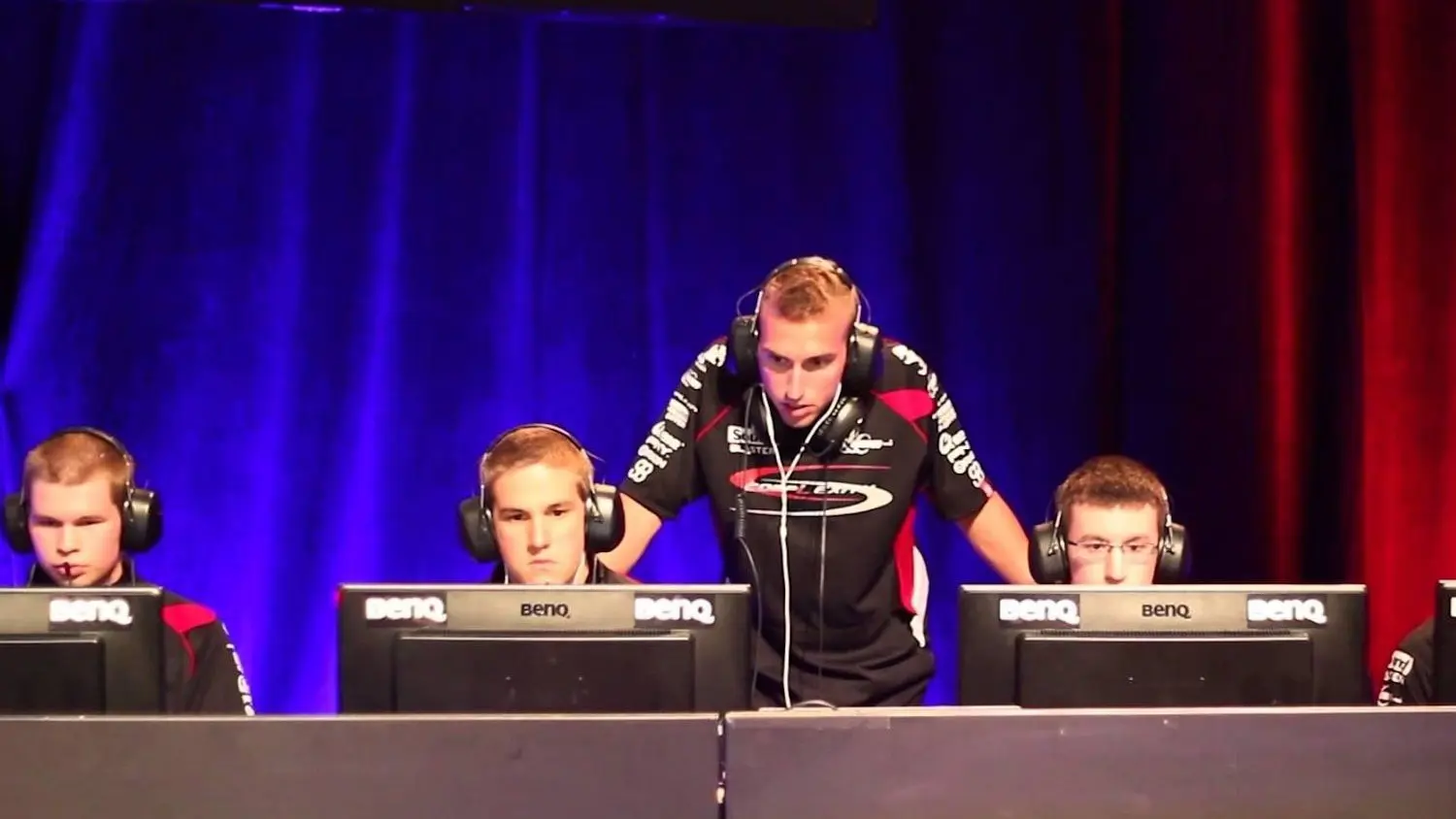
Coaching
Coaching seems like the clear progression from pro player. Raymond "Rambo" Lussier earned over $130K competing in Call of Duty. Rambo could have happily retired from esports with these earnings. However, he would be forced to find another career to support himself eventually. Instead of doing that, Rambo made esports into his career. Not as a player, but a coach. Rambo is the head coach and general manager of the Dallas Empire. In his first year on the job, Rambo helped lead Dallas to a 2020 World Championship in the Call of Duty League.
Just a few months ago Jordan "JKap" Kaplan was a signed member of OpTic Gaming LA as a pro Call of Duty player. As we’ve seen time and time again, JKap was replaced by younger talent. JKap was not going to let this be the end of his road in esports. JKap took what he’d learned over the years and earned himself the position of head coach for the newly created LA Thieves.
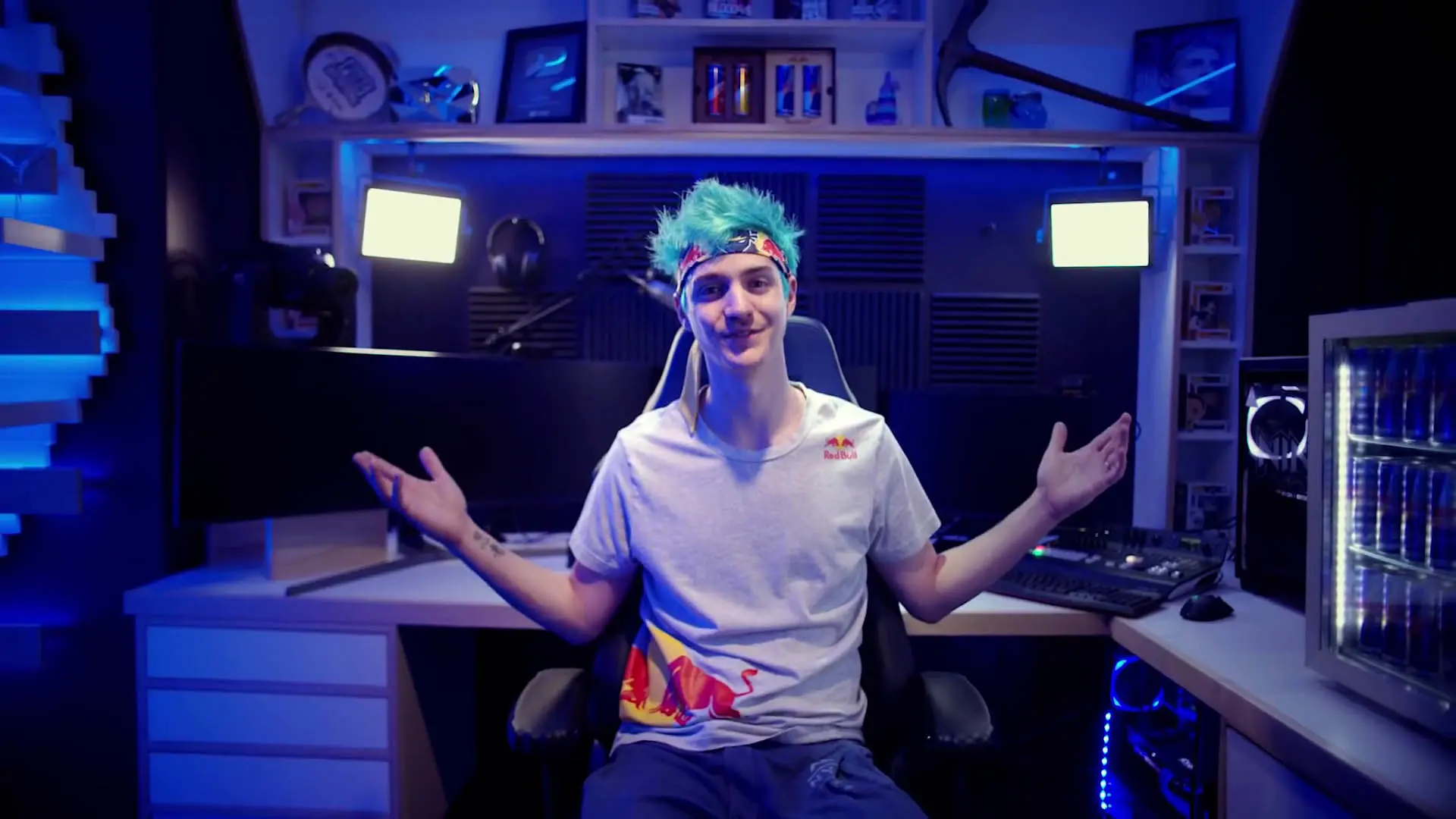
Streaming
Streaming is the closest you’ll get to being a pro player without actually being a pro player. Streamers are still gaming eight hours a day; they just usually aren’t competing professionally.
Tyler “Ninja” Blevins and Tyler "TeePee" Polchow are two perfect examples of pro esports players turned streamers. Both of these individuals had success as players, but as we know, being a pro is a temporary job. No one can compete at a high level forever.
Ninja and TeePee focused on live streaming after retiring from competitive play. We probably don’t need to explain how that turned out for Ninja. Ninja is now arguably the most successful and prominent name in all of gaming. TeePee saw much more success as a streamer than as a player. With the creation of Call of Duty: Warzone, TeePee’s stream blew up. TeePee has over 550K followers on Twitch and was in the top ten most subscribed streamers on the platform for a time.
Just because your career as a pro is over does not mean you have to stop playing games. Streaming is a legitimate post-player career path.
Game Development
One less traditional way to extend an esports career is through game development. After a six-year career as a Halo pro, Eric “GH057ayame” Hewitt was hired by 343 to design their esports settings. After that, he moved to Microsoft in a similar role. Now, GH057ayame works for EA on Apex Legends as a competitive systems manager and a lead product manager.
The truth is, a lot of people high up in game development have no idea how to design a game with esports in mind. There’s often a huge gap between how game developers think the game should be designed and how esports pros feel the game should be designed. This leaves a need for a mediator, someone that can understand both sides of the spectrum. GH057ayame realised that and took what he knew as a pro player to create a lasting career for himself in game development.
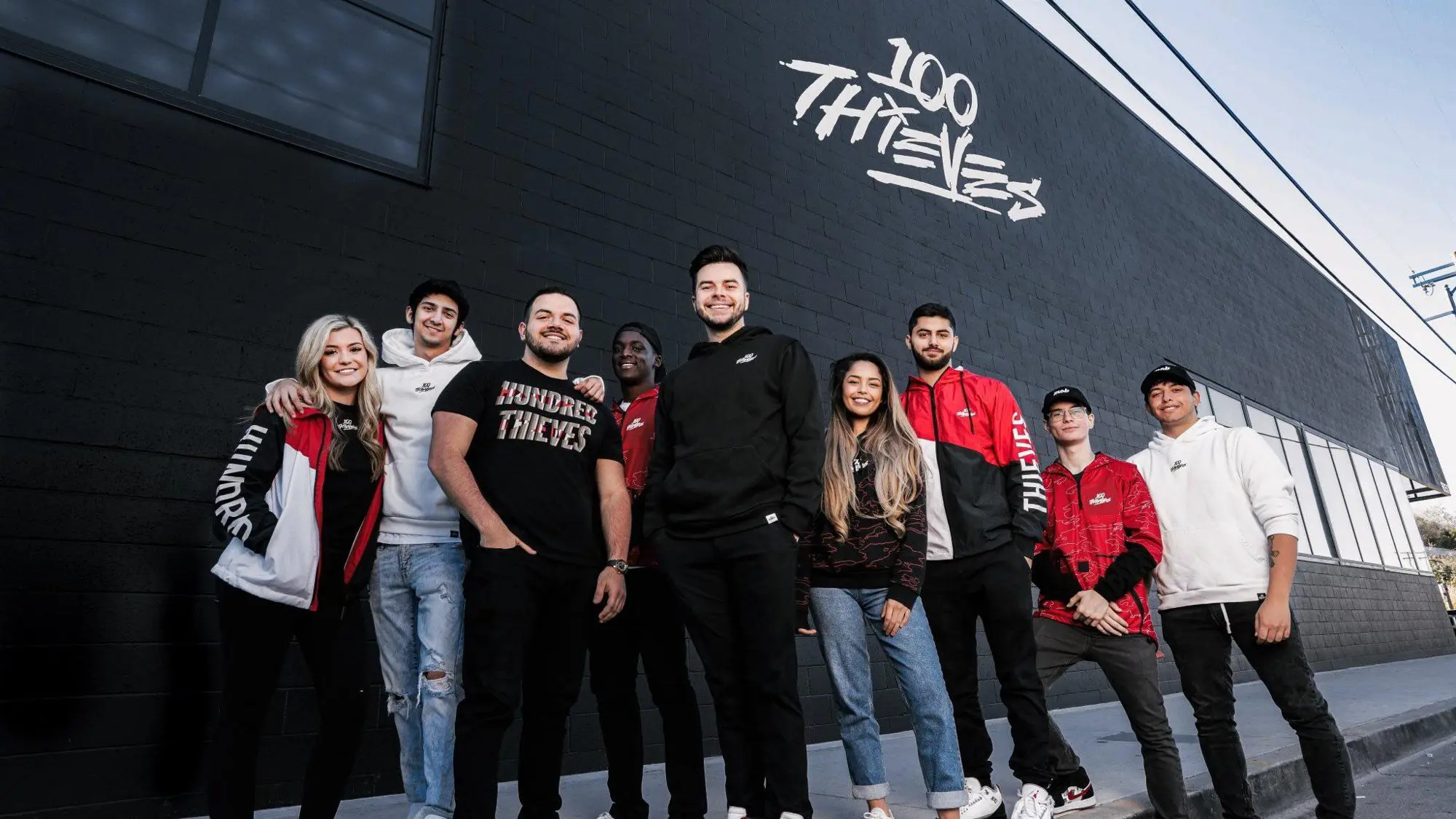
Esports Entrepreneurship
Creating a business revolving around esports is another, granted much more difficult, option to extend a career in esports. Prime examples of ex-pros that did this are Matthew “Nadeshot” Hagg, and Marcus "MBoZe" Blanks Jr. Nadeshot’s story is one most people involved in esports have probably heard. Nadeshot was an extremely successful Call of Duty pro and one of the early faces of esports as a whole. After an accolade-filled playing career, Nadeshot retired to found his own competitive gaming team he titled 100 Thieves. Nadeshot built the company from the ground up, and 100 Thieves is now one of the most recognisable brands in esports.
MBoZe did the same thing on a lesser scale. MBoZe is a co-owner of Rich and Lonely, a popular clothing brand. While the focus is on clothing, Rich and Lonely have had pro Call of Duty teams play under their name before.
Creating a successful business is extremely difficult, regardless of the circumstances. However, pro esports players can use what they learned during their careers to create a lasting enterprise in the space.
A career in esports does not have to begin and end as a professional player. Pro players can extend their careers by getting into casting, coaching, streaming, game development, and/or entrepreneurship.
But on the flip side, if a player doesn’t consider these things, their career could be over in just a few short years.
Images via Activision | MLG | Ninja | 100 Thieves

About The Author
Coleman Hamstead
Coleman is a freelance journalist at GGRecon. While gaming has always been his passion, it wasn’t until he worked as a Sports Journalist at the Community College of Baltimore County that he found his enthusiasm for writing. In the time since Coleman has had his work featured in publications such as The Washington Post/Launcher and ESTNN. Coleman is a graduate of Towson University with a degree in Sport Management and Business Administration.
